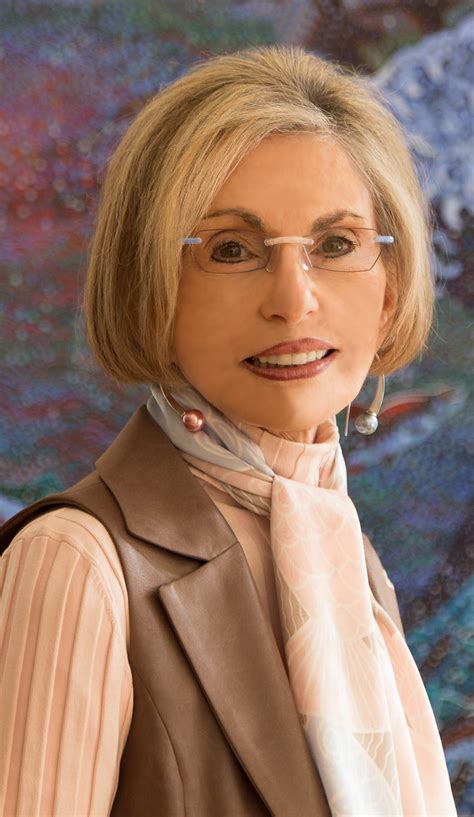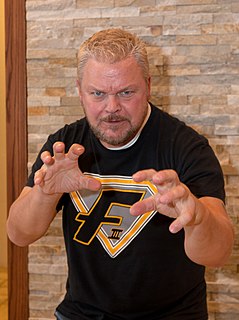A Quote by Marcus Aurelius
Whatever any one does or says, I must be good; just as if the emerald were always saying this: "Whatever any one does or says, I must still be emerald, and keep my color.
Related Quotes
The most abundant hue in nature, the human eye sees more green than any other color in the spectrumas it has throughout history, multifaceted emerald continues to sparkle and fascinate. Symbolically, emerald brings a sense of clarity, renewal and rejuvenation, which is so important in today's complex world. This powerful and universally-appealing tone translates easily to both fashion and home interiors.
Anything is one of a million paths. Therefore, a warrior must always keep in mind that a path is only a path; if he feels that he should not follow it, he must not stay with it under any conditions. His decision to keep on that path or to leave it must be free of fear or ambition. He must look at every path closely and deliberately. There is a question that a warrior has to ask, mandatorily: 'Does this path have a heart?'
The existing American laws we use in a pinch just do not adequately protect artists or any other group of rental tenants. For example, artist certification. You can always get around that. Every society that does not want to really protect tenants' rights tries historic preservation. But that says nothing about the right of people to stay in their homes. It says that the building cannot be demolished. But it does not say who is allowed to live in the building.
The Anti-Vivisector does not deny that physiologists must make experiments and even take chances with new methods. He says that they must not seek knowledge by criminal methods, just as they must not make money by criminal methods. He does not object to Galileo dropping cannon balls from the top of the leaning tower of Pisa; but he would object to shoving off two dogs or American tourists.
For successful education there must always be a certain freshness in the knowledge dealt with. It must be either new in itself or invested with some novelty of application to the new world of new times. Knowledge does not keep any better than fish. You may be dealing with knowledge of the old species, with some old truth; but somehow it must come to the students, as it were, just drawn out of the sea and with the freshness of its immediate importance.
But what does it mean to be on God's side? I believe it starts with focusing on the common good - not just in politics, but in all the decisions we make in our personal, family, vocational, financial, communal, and, public lives. That old but always new ethic simply says we must care for more than just ourselves or our own group. We must care for our neighbor as well, and for the health of the life we share with one another. It echoes a very basic tenet of Christianity and other faiths - love your neighbor as yourself - still the most transformational ethic in history.







































